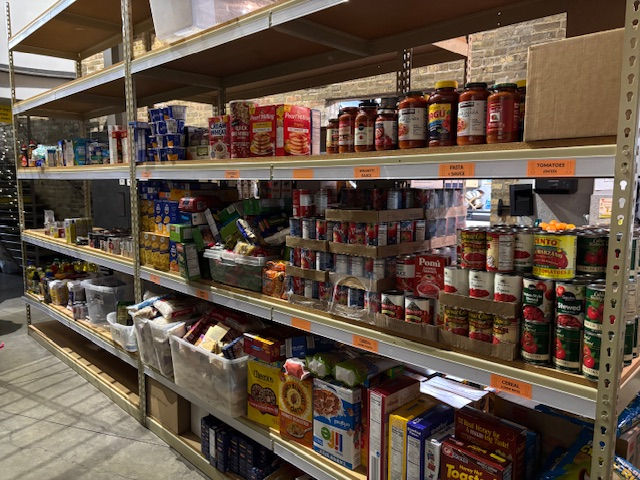ILLINOIS EDUCATION ASSOCIATION SAYS- END THE SCHOOL VOUCHER PROGRAM! by Mary Rothschild
- Oct 2, 2023
- 3 min read

The veto session is less than 4 weeks away. We are again having to address the sunset (permanent end) of the Invest in Kids program. IEA has been opposed to this voucher program since it began. The strong belief is that public dollars belong to public schools. A reminder to our members, 80% of the schools in Illinois remain underfunded. Public schools need to be fully funded before any money is diverted to other programs. Underfunded schools have a hand in forcing parents to make decisions to leave public schools and seek vouchers for private schools. Many of the underfunded schools are in districts serving children of color or in rural areas. The voucher program is a system with many levels and involves a middleman to handle the voucher funds. The largest middleman organization is Empower IL. They process the vouchers and can skim millions of taxpayer dollars off the top. This practice needs to end. Tax dollars are needed to service children in Illinois in public schools.
IEA supports the right of parents to make decisions about their children’s education. What we oppose is using public money to support non-public schools. The state is trying to increase funds for public schools though for this year alone this is $7 billion less than it should be. At the rate the State is contributing, full funding will not be reached until 2054. Over the past seven years, Invest in Kids has diverted more than $250 million to private schools. Those monies could have provided much needed resources to children in public schools. Here’s a comparison of the number of children served in Illinois- Illinois schools service 1.9 million children while the voucher program serves 9,600 children in private schools. One quarter of voucher funds went to just one Illinois state senate district last year. In that district, over 300 vouchers went to students in private schools while 36,000 students were being served in public schools. And this district is one of the wealthiest in the state! Even so, those school districts are shorted millions of dollars of state funding. To make matters worse, the Illinois Department of Revenue reports offer little information on the voucher expenditures. Illinois Families for Public Schools have looked through the numbers and find that $10 million is unaccounted for in 2022-2023 school year. This is not acceptable accounting for taxpayers’ money.
The question has been raised, “Why can’t a voucher program and a well-resourced public school co-exist together?" The answer is that we are creating a two-tiered education system where children with greater needs get left in public schools as money continues to be siphoned off for public schools. Of the private schools getting vouchers, 95% are religious schools. Religious and private schools that receive vouchers for some of their students do not need to educate all students. They can legally discriminate nearly all protected groups such as disable, English-language learners, LGBTQ+, and so on. This is not acceptable when education is for all and not the few.
Supporters of vouchers say they “rescue” children from public schools. The problem is that these same schools have little oversight or regulations that public schools must conform to during the school year. Some issues with private schools are weak and inaccurate curriculum, lack of assessing students, unqualified teachers and some students having to work to offset tuition costs not covered by the voucher. The Illinois Board of Education is supposed to oversee the schools that receive vouchers. The voucher schools are required to send test data to the department. A report on the performance of voucher students is to be reported the same as public schools are reported on in Illinois each school year. To date there has been zero such reporting from the department. Research from across the country has indicated that voucher programs do not improve academic outcomes, especially for low-income students. So, what is Illinois getting for its money by investing in a voucher program? We cannot assess that until the Department of Education releases data information.
There are still some state legislators that are not 100% on board with sunsetting Invest in Kids. One state senator feels the program could end but those already in the system be allowed to complete their time in private schools with vouchers. That would mean 12 more years of money being spent on this program. Donors to private schools get a 75% tax credit they receive as part of this program. Do we need to help the wealthy with tax credits. No! The wealthy can still get 37% credit of their federal income tax. We do not need private schools to “rescue” children from public schools, we need strong public schools with a rich environment to learn. We ask that you use some of the talking points in this article to call your legislators. Make sure they vote to sunset Invest in Kids.
Submitted by: Mary Rothschild/IEA-R Legislative Committee




Comments